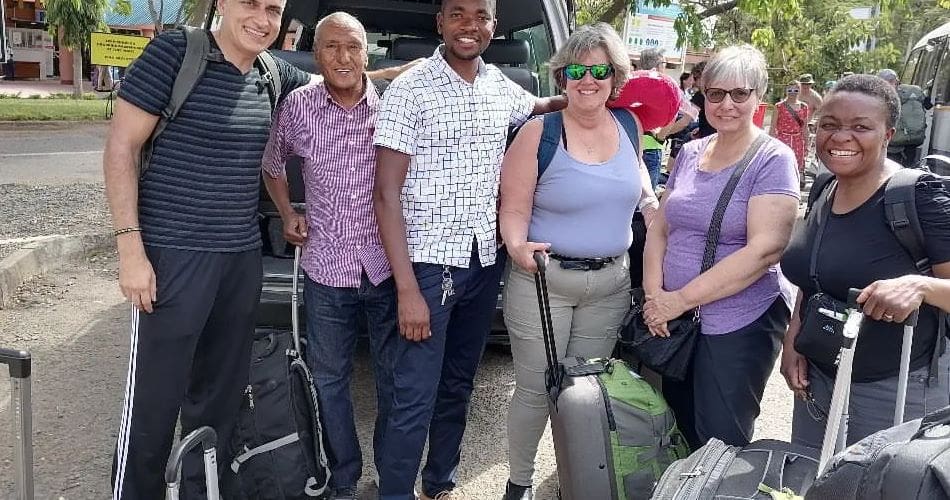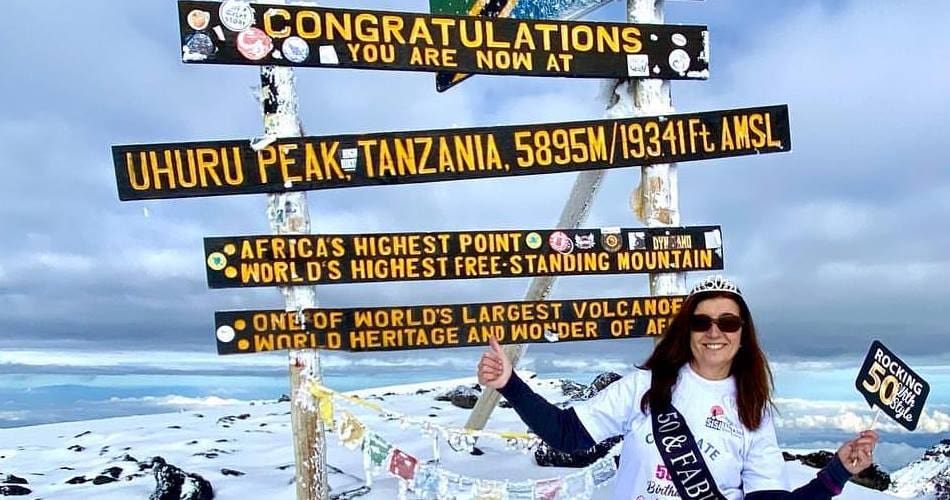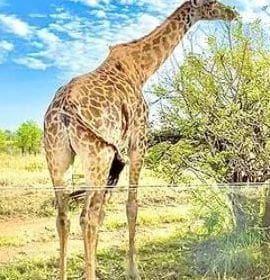Uganda boasts 7 awe-inspiring attractions, from gorilla trekking in Bwindi to the majestic Nile River. Plan your unforgettable adventure today!
Uganda
Uganda is a landlocked country in East Africa whose diverse landscape encompasses the snow-capped Rwenzori Mountains and immense Lake Victoria. Its abundant wildlife includes chimpanzees also as rare birds.
Remote Bwindi Impenetrable Park is a renowned Gorilla gorilla Beringei sanctuary. Murchison Falls Park in the northwest is understood for its 43m tall waterfall and wildlife like hippos.
Uganda officially the Republic of Uganda (Swahili: Jamhuri ya Uganda, may be a landlocked country in East-Central Africa.
it’s bordered to the east by Kenya, to the north by South Sudan, to the west by the Democratic Republic of the Congo, to the southwest by Rwanda, and to the south by Tanzania.
The southern part of the country includes a considerable portion of Lake Victoria, shared with Kenya and Tanzania.
The country is within the African Great Lakes region. The country also lies within the Nile basin and features a varied but generally modified equatorial climate.
This country takes its name from the Buganda kingdom, which encompasses an outsized portion of the south of the country, including the capital Kampala.
The people of this country were hunter-gatherers until 1,700 to 2,300 years ago when Bantu-speaking populations migrated to the southern parts of the country.
The people of this country were hunter-gatherers until 1,700 to 2,300 years ago when Bantu-speaking populations migrated to the southern parts of the country.
Uganda, A Country
Uganda is a country in east-central Africa.
About the size of Great Britain, Uganda is populated by dozens of ethnic groups.
The English language and Christianity help unite these diverse peoples, who come together in the cosmopolitan capital of Kampala, a verdant city whose plan includes dozens of small parks and public gardens and a scenic promenade along the shore of Lake Victoria, Africa’s largest freshwater lake.
The Swahili language unites the country with its East African neighbours Kenya and Tanzania.
Uganda – Uganda is a fairy-tale
“Uganda is a fairy-tale. You climb up a railway instead of a beanstalk, and at the end, there is a wonderful new world,” wrote Sir Winston Churchill, who visited the country during its years under British rule and who called it “the pearl of Africa.”
Indeed, Uganda embraces many ecosystems, from the tall volcanic mountains of the eastern and western frontiers to the densely forested swamps of the Albert Nile River and the rainforests of the country’s central plateau.
The land is richly fertile, and Ugandan coffee has become both a mainstay of the agricultural economy and a favourite of connoisseurs around the world.
Beginning in 1894, the world was ruled as a protectorate by the united kingdom, which established law across the territory. The country gained independence from the united kingdom on 9 October 1962.
The period since then has been marked by violent conflicts, including an eight-year-long military dictatorship led by Idi Amin.
Additionally, a lengthy war against the Lord’s Resistance Army within the Northern Region led by Joseph Kony has caused many thousands of casualties.
The official languages
The official languages are English and Swahili, although “any other language could also be used as a medium of instruction in schools or other educational institutions or for legislative, administrative or judicial purposes as could also be prescribed by law.
Luganda, a central language, is widely spoken across the country, and a number of other languages also are spoken, including Lango, Acholi, Runyoro, Runyankole, Rukiga, Luo, and Lusoga.
The current president of Uganda is Yoweri Kaguta Museveni, who came to power in January 1986 after a protracted six-year guerrilla war.
Following constitutional amendments that removed term limits for the president, he was ready to stand and was elected president of Uganda in 2011 and within the 2016 general elections.
The country obtained formal independence on October 9, 1962. Its borders, drawn in an artificial and arbitrary manner in the late 19th century, encompassed two essentially different types of societies: the relatively centralized Bantu kingdoms of the south and the more decentralized Nilotic and Sudanic peoples to the north.
The country’s sad record of political conflict, coupled with environmental problems and the ravages of a countrywide AIDS epidemic, hindered progress and growth for many years.
Yet, even so, at the beginning of the 21st century, a popularly elected civilian government ruled Uganda, which had attained political stability, had set an example for tackling the AIDS crisis that threatened to overwhelm the continent, and enjoyed one of the fastest-growing economies in Africa.













